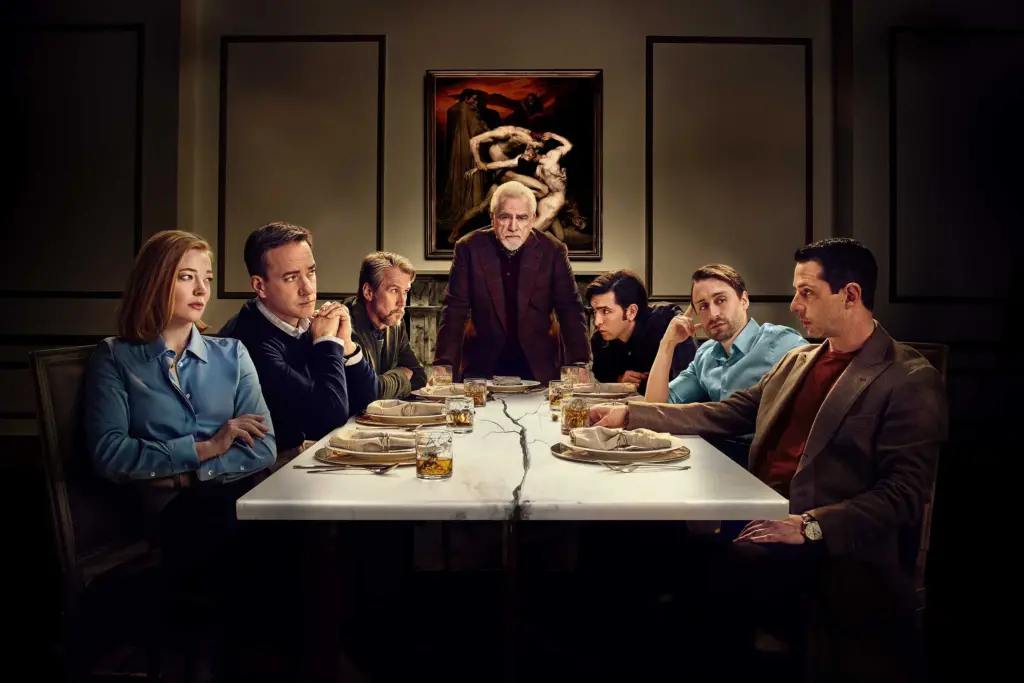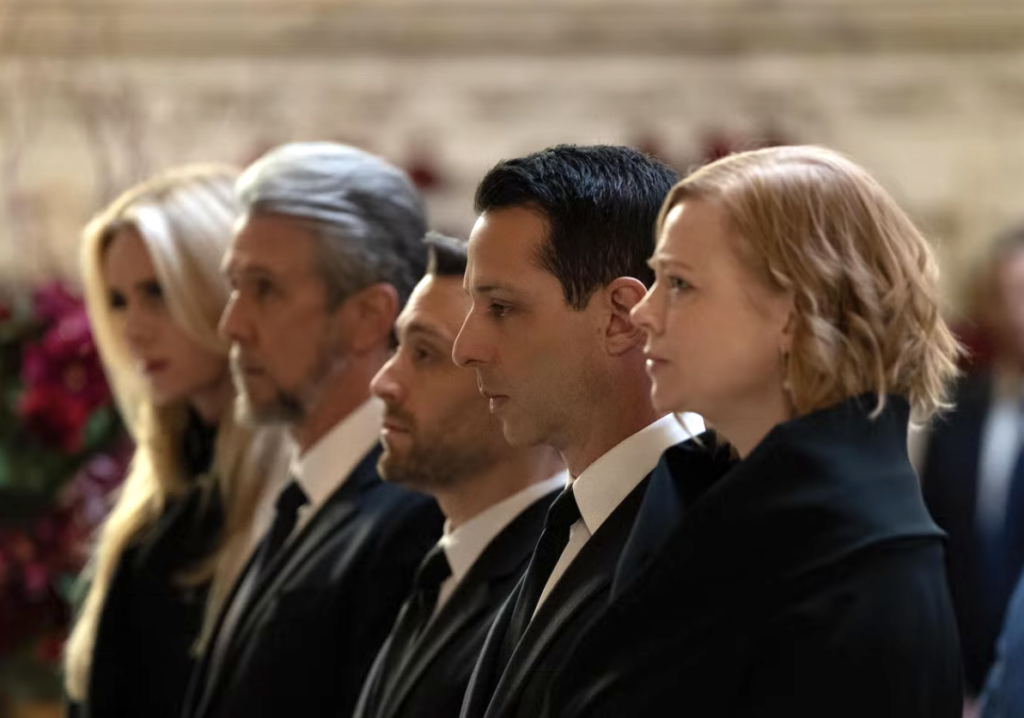‘Succession’: The Machiavellian Dynamics of Wealth And Power

Navigating the labyrinthine corridors of wealth and power, the HBO series ‘Succession’ emerges as a modern-day exploration of Machiavellian dynamics. With its intricate plotlines and nuanced characters, the show delves into the cutthroat world of business empires and familial struggles, mirroring the timeless themes presented by Machiavelli in ‘The Prince.’
At the heart of ‘Succession’ is the Roy family, led by the formidable patriarch Logan Roy. The series artfully dissects the power dynamics within the family-owned media conglomerate, Waystar Royco, illustrating how the pursuit of success can be a ruthless game. Drawing parallels with Machiavelli’s treatise on political strategy, the characters in “Succession” employ cunning and manipulation to secure their positions in the hierarchy.

Logan Roy, the Machiavellian figurehead, embodies the philosophy of pragmatism over morality. Machiavelli famously asserted that the ends justify the means, a sentiment echoed by Logan as he makes calculated decisions to maintain control of his empire. His strategic manoeuvres and willingness to sacrifice personal relationships for the sake of power highlight the ruthless nature of succession in both politics and business.
The siblings vying for the throne form a Machiavellian court of their own. Each character, from the ambitious Kendall to the conniving Roman, employs a variety of tactics to gain favour and advance their standing within the family and the company. Betrayals, alliances, and calculated moves become the currency of this power struggle, mirroring Machiavelli’s emphasis on the importance of cunning and adaptability.

‘Succession’ also addresses the role of advisors, a concept extensively explored by Machiavelli. The characters surround themselves with a cadre of strategists and confidants, each playing a crucial role in shaping the family’s destiny. The intricate web of alliances and betrayals within this inner circle mirrors the complexity of Machiavelli’s political scheming, where loyalty is a commodity to be traded for power.
The series does not shy away from depicting the collateral damage of ambition. Machiavelli argued that rulers should be feared rather than loved, and ‘Succession’ illustrates the consequences of prioritizing power over personal connections. The emotional toll on the characters and the fractured relationships serve as cautionary tales about the costs of pursuing success at any cost.

Moreover, ‘Succession’ explores the concept of legacy, a theme that resonates strongly with Machiavelli’s exploration of a ruler’s enduring impact. The characters grapple with the idea of leaving a lasting imprint on the world, whether through business triumphs or personal legacies. The tension between short-term gains and long-term consequences becomes a central motif, echoing Machiavelli’s insights into the delicate balance between stability and innovation.
As viewers are drawn into the tumultuous world of the Roys, they are compelled to ponder the timeless question: What price are we willing to pay for success?








